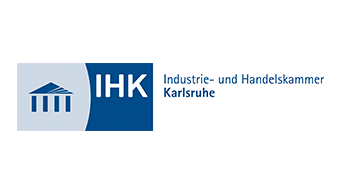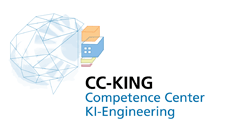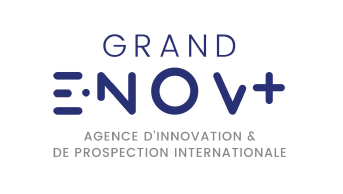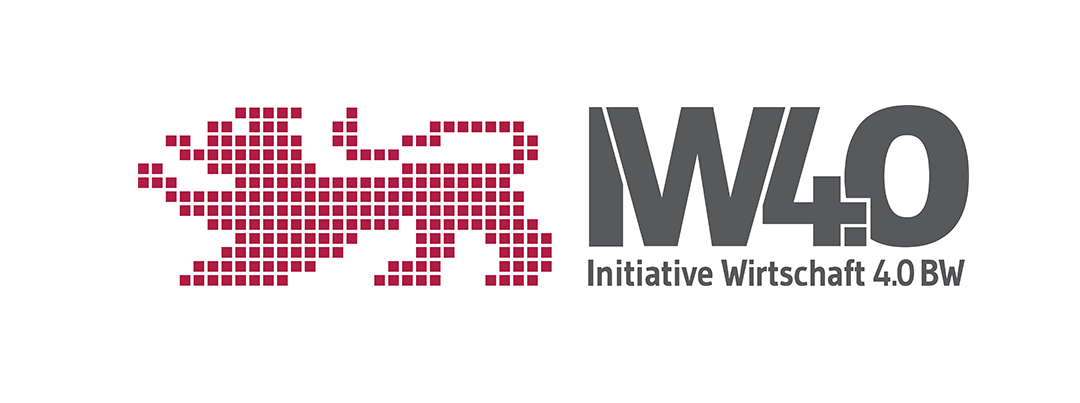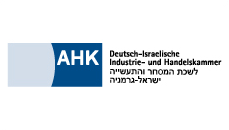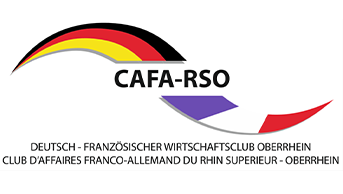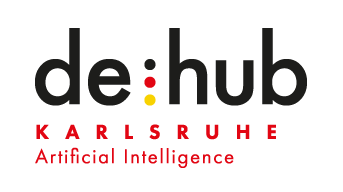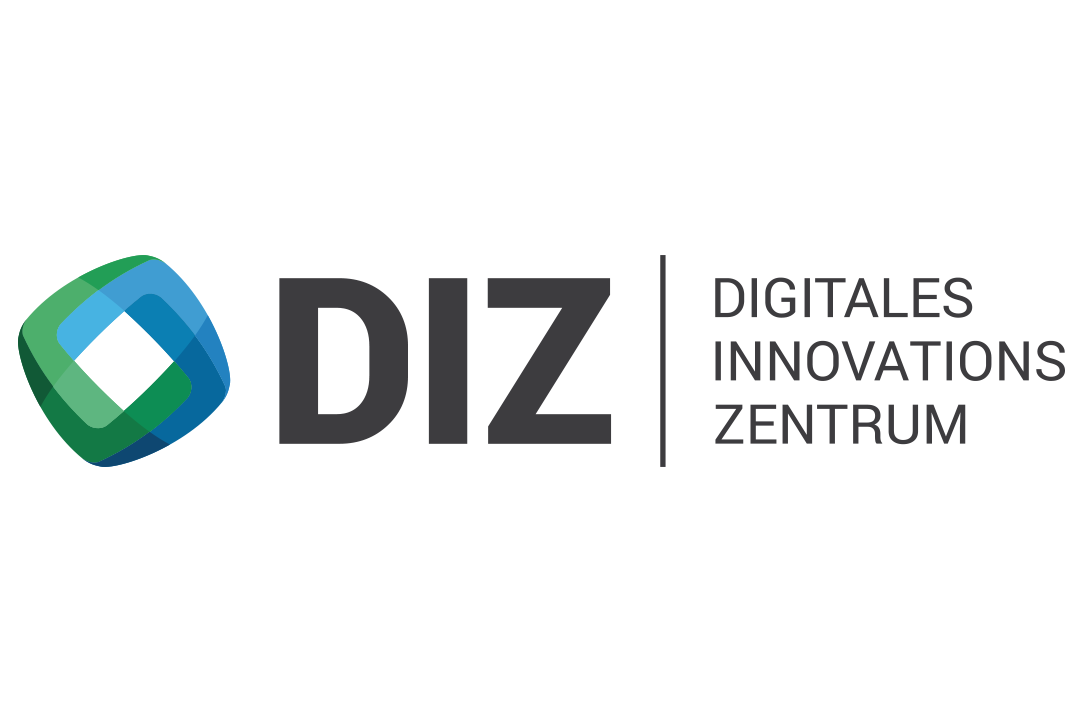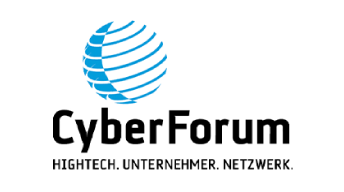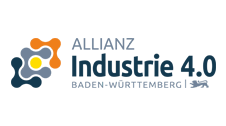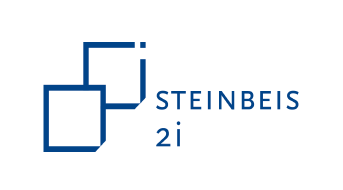This website use cookies to ensure you get the best experience on our website

AIxIA 2021
Thank you for being part of the French-German conference on the application of AI 2021!
On November 18-19, 2021 AIxIA took place for the third time. It attracted more than 200 participants from 8 countries and hosted top-class keynotes, workshops and networking sessions.
We especially want to thank our Keynote speakers Eran Kravitz, CTO and Co-Founder of Shopic and Cameron Schuler, Chief Commercialization Officer & Vice President, Industry Innovation at the Canadian Vector Institute.
We hope you enjoyed the two days filled with use cases, keynotes, political impulses and networking – all around the topic of „Artificial Intelligence of Things“!
Get an exclusive insight on AIxIA 2021 and read more about the keynotes and talks.
Topic 2021 – AI of Things
You call it AIoT – Artificial Intelligence of Things – when Artificial Intelligence meets the Internet of Things. Combining these two technologies opens a wide range of opportunities for companies to innovate and digitize their existing systems. While IoT provides an enormous amount of data from connected devices, AI quickly extracts real-time insights from this data. This allows companies to make informed decisions without human interference. According to Gartner, more than 80% of enterprise IoT projects will include an AI component by 2022. Today, only 10% use the combination of IoT and AI.
In 2021, AIxIA brings this topic closer to you and provides you with impulses on how to combine the two technologies to have a positive impact on your business.
Sessions 2021
Data spaces in AI
Prof. Dr. Ali Sunyaev Professor at KIT and Director of the Institute of Applied Informatics and Formal Description Methods (AIFB), Sébastien Picardat General Manager at Agdatahub
Data is an essential resource in the 21st century. It is not only important for economic growth, competitiveness, and innovation, but also for society since it can for example improve health care or create safer and cleaner transport systems. For this reason, the European Commission created a data strategy. On top, other initiatives such as the International Data Spaces got formed. They aim to create a secure data space that supports enterprises of different industries and sizes.
Cybersecurity for and with AI
PD Dr.-Ing. Ingmar Baumgart Manager Competence Center for IT Security at FZI Forschungszentrum Informatik, Ralf Haubrich co-CEO inlyse GmbH
The implementation of AI in cybersecurity is both a help and a hindrance. By using machine learning algorithms AI detects threats automatically and fights them without the involvement of humans. Supporting handling huge quantities of security data or identifying threats in the system are just some of the advantages. But it can also open new doors for security vulnerabilities. For this reason, it is essential to work with experts when it comes to cybersecurity.
Edge AI
Julius Pfrommer Dr.-Ing. Julius Pfrommer, Group Leader Cyberphysical Distributed Systeme at Fraunhofer-Institut IOSB , Dr. Robert Pesch Head of Data-Driven AI Solutions at inovex GmbH, Fabian Meyer Working Student Data-Science at inovex GmbH
Edge AI is the combination of edge computing and AI. It is a concept where AI algorithms are installed on a local device that has edge computing capacity. With edge AI, users can process data in real-time since it does not require systems to connect to others.
Therefore it is also used for high sensible data. Typical application fields are autonomous cars, surveillance and monitoring, and the Industrial IoT.
Workshops 2021
In a total of four workshops, which will be supervised by French and German organizations, we want to dive deeper into the topic of this year’s AIxIA, AI of Things – in a very practical way. Hands-on is the keyword, participants will be involved, can contribute their specific questions and problems and get direct feedback from experts. The workshops will take place in parallel breakout sessions. Sufficient time is given to get to know each other and to deepen the topics. Finally, there will be enough time to present the most important findings, to meet – at least virtually – and to launch potential cross-border collaborations.
By Niclas Hörmann Consultant Data Science, esentri AG, Matthias Wurdig Senior Consultant Data Science, esentri AG
In our workshop, you will learn the typical procedure from the identification of a use case to the planning and implementation of an AI project based on sensor data from mechanical engineering using an industrial example. We will interactively work out how to analyze the business model, plan and set up the IT infrastructure, gain real added value from the analysis of sensor data with the help of AI and create a data-driven solution from this.
By Thomas Usländer Head of Information Management and Production Control, at Fraunhofer IOSB
This workshop covers the core elements of the emerging discipline of KI Engineering in direct contact and discussion with its authors. KI-Engineering is the Karlsruhe way of AI Systems Engineering and addresses the systematical development and operation of AI-based solutions as part of systems that master complex tasks. One core part of the workshop is to get insight knowledge about PAISE, the Process Model of AI Systems Engineering, and its associated methods and tools. Short tutorials are combined with training exercises of mobility and production use cases.
By Gaëlle Chéruy Pottiau CSO of Agdatahub
Increasingly digitalized, agriculture is generating a considerable amount of data to feed artificial intelligence models. At the service of farms to ensure their economic performance and enable them to limit their environmental impact, data and AI are now essential subjects for the stakeholders in the agricultural sector. This workshop will be about existing initiatives and the issues surrounding data and AI applied to the agricultural sector.
By Lisa Kratochwill Senior Expert Digital Transformation of the Energy System , German Energy Agency at DENA
AI has tremendous potential to speed up the clean energy transition: potential applications range from enabling high penetration renewable energy power systems, Supporting the decarbonisation of industrial processes, to supporting the mass-roll out of electric vehicles. The workshop will focus in identifying the most promising AI applications and collecting recommendations to overcome barriers and support collective action to increase scale and impact.
Keynote I: AI in the Aisle: Re-imagining Grocery Shopping
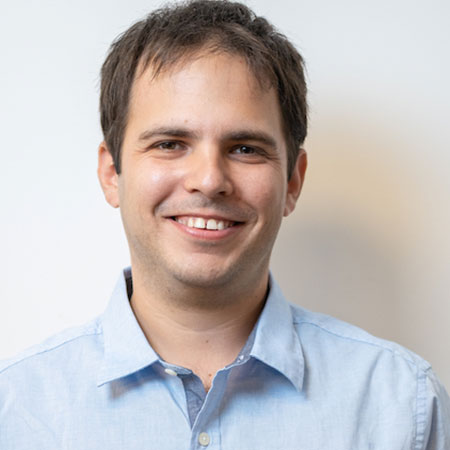
Eran Kravitz
CTO & Co-Founder at Shopic
The world’s largest retailers use computer vision and data analytics to deliver personalized, frictionless and fun shopping experiences.
Born with a true passion for technology, Eran started programming when he was just 9 years old, teaching himself with books and online resources. He completed his Bachelor’s degree in Computer Engineering at the University of Maryland at the age of 19 (summa cum laude), and then joined the technological unit of the Israeli Intelligence Corps (8200). During his service he completed his Master’s degree in Computer Science at Tel-Aviv University.
Before co-founding Shopic in 2015, Eran led large teams of developers in C4-Security (acquired by Elbit Systems).
Keynote II: How Reinforcement Learning can be applied to IOT

Cameron Schuler
Chief Commercialization Officer and VP, Industry Innovation at Vector Institute
Keynote II
Cameron Schuler is the Chief Commercialization Officer & Vice President, Industry Innovation at the Vector Institute. He is the former Executive Director of Amii (amii.ca), where, for 8 years, he led one of the top-ranked Machine Learning and AI groups in the world. Cameron’s multifaceted career has covered finance, business & product development, consumer products, IT and general management from start-ups to mature companies. His industry experience includes Alternative Energy, Banking, Consumer Products, Information Technology (Consumer and Enterprise), Investment Sales and Trading, Life Sciences, Manufacturing, Medical Devices, Oil & Gas, and Oil & Gas Services. Roles have included COO, CFO, President and CEO and he was COO & CFO of a food manufacturer whose products lead to sales of over 250 million units.
He has founded numerous start-up companies (including medical devices as well as computer software & hardware). Cameron is Chair & Co-founder of PFM Scheduling Services, was Managing Director & Co-Founder of Schuler Law Group, a boutique tax planning law firm and spent 8 years in investment sales & trading. He attained an MBA from Queen’s University and completed numerous investment management programs.
Greeting of the Minister-President of the State Baden-Wuerttemberg
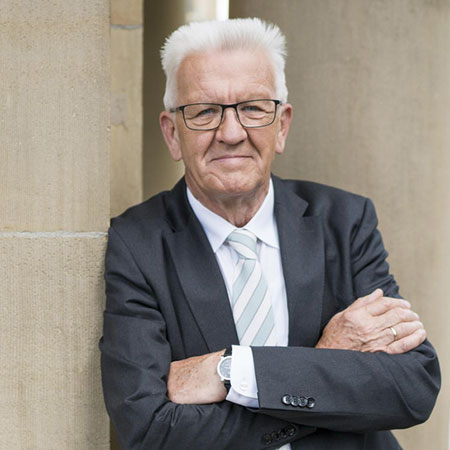
Winfried Kretschmann
has been Minister-President of the State of Baden-Wuerttemberg since May 2011. He cultivates a new style of politics and has set himself the target of implementing a process of ecological and social renewal in the State. Politically active since his time as a student, Kretschmann and other like-minded associates founded The Green Party in Baden-Wuerttemberg in 1979. One year later, Winfried Kretschmann became a member of the first parliamentary group of The Green Party to be elected to the State Parliament of Baden-Wuerttemberg. In 1986, he was appointed by Hessen’s Minister of the Environment Joschka Fischer as a policy advisor to the first Green Party Ministry of the Environment. After two years in Wiesbaden, he returned to the Baden-Wurttemberg State Parliament in 1988, where he has remained ever since with only one period out of office. In 2002, Kretschmann was elected Chairman of the Green Party in parliament which he remained until 2011. On May 12, 2021, Winfried Kretschmann was elected for the third time as Minister-President of Baden-Wuerttemberg in the State Parliament.
Premium Sponsor
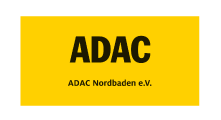
Community Partner
Day 1 – powered by
de:hub Karlsruhe funded by

de:hub Karlsruhe coordinated by

honored by BMK (formerly BMWi)
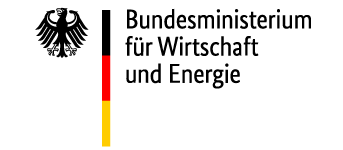
Day 2 – powered by
Funded by

